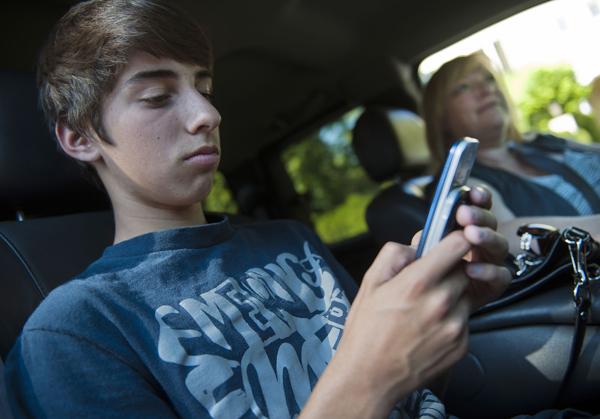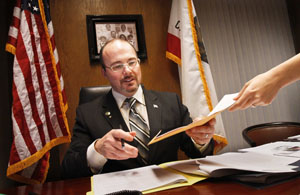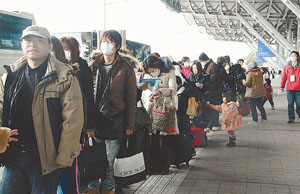
Kids are growing up too fast
Renee C. Byer
• October 26, 2015

Sacramento music festival
Courtesy of McClatchy Tribune
• May 11, 2014

Cringe worthy trends – staff edition
Courtesy of McClatchy Tribune
• May 1, 2014
ILLUSTRATION: Daydreaming student
State Hornet Staff
• October 22, 2013

Kids using cell phones
McClatchy
• April 10, 2012

Spring fashion trends include wedges, polka dots and leopard
Brittany Lambert and Mitchell Wilson
• February 15, 2012
PLG-GAMEINFORMER-E3GAMES
McClatchy Tribune
• January 24, 2012
Warren Buffett
Courtesy of McClatchy Tribune
• August 31, 2011

Immigration laws lead to racism
Kelly Walters
• April 20, 2011

Leaving Japan: best option for students abroad
Kelly Walters
• April 13, 2011
Load More Stories

Jack Dann, Sports Editor • June 15, 2025



























































































































